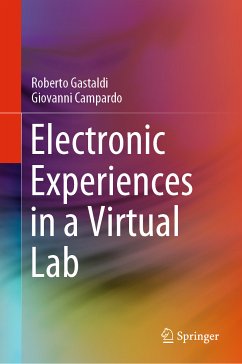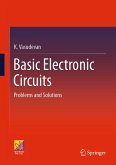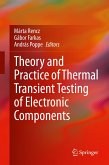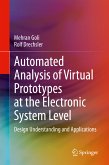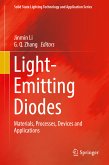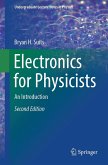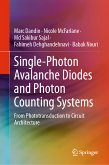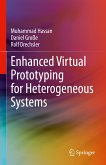This book presents a collection of "lessons" on various topics commonly encountered in electronic circuit design, including some basic circuits and some complex electronic circuits, which it uses as vehicles to explain the basic circuits they are composed of. The circuits considered include a linear amplifier, oscillators, counters, a digital clock, power supplies, a heartbeat detector, a sound equalizer, an audio power amplifier and a radio. The theoretical analysis has been deliberately kept to a minimum, in order to dedicate more time to a "learning by doing" approach, which, after a brief review of the theory, readers are encouraged to use directly with a simulator tool to examine the operation of circuits in a "virtual laboratory." Though the book is not a theory textbook, readers should be familiar with the basic principles of electronic design, and with spice-like simulation tools. To help with the latter aspect, one chapter is dedicated to the basic functions and commands of the OrCad P-spice simulator used for the experiments described in the book.
Dieser Download kann aus rechtlichen Gründen nur mit Rechnungsadresse in A, B, BG, CY, CZ, D, DK, EW, E, FIN, F, GR, HR, H, IRL, I, LT, L, LR, M, NL, PL, P, R, S, SLO, SK ausgeliefert werden.

